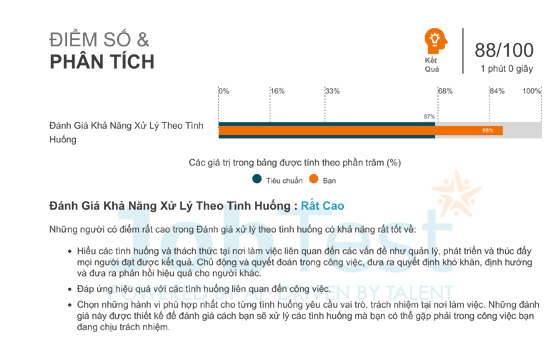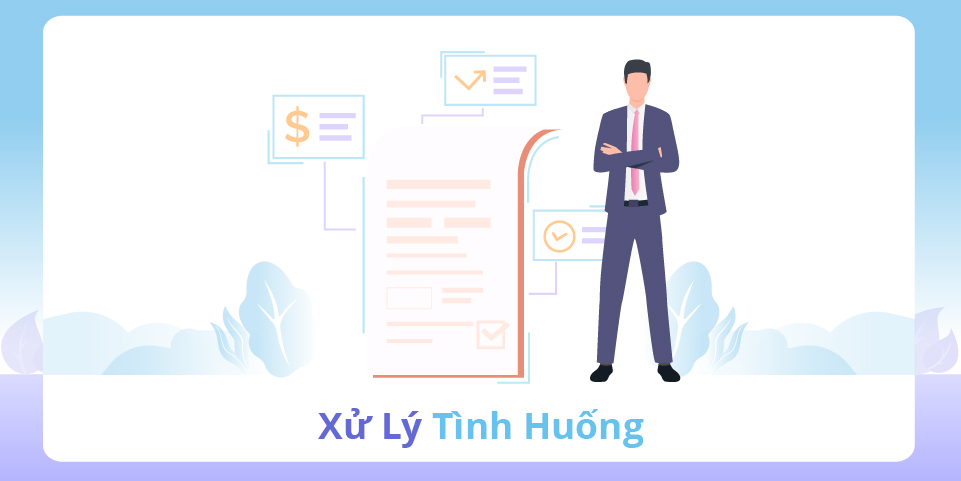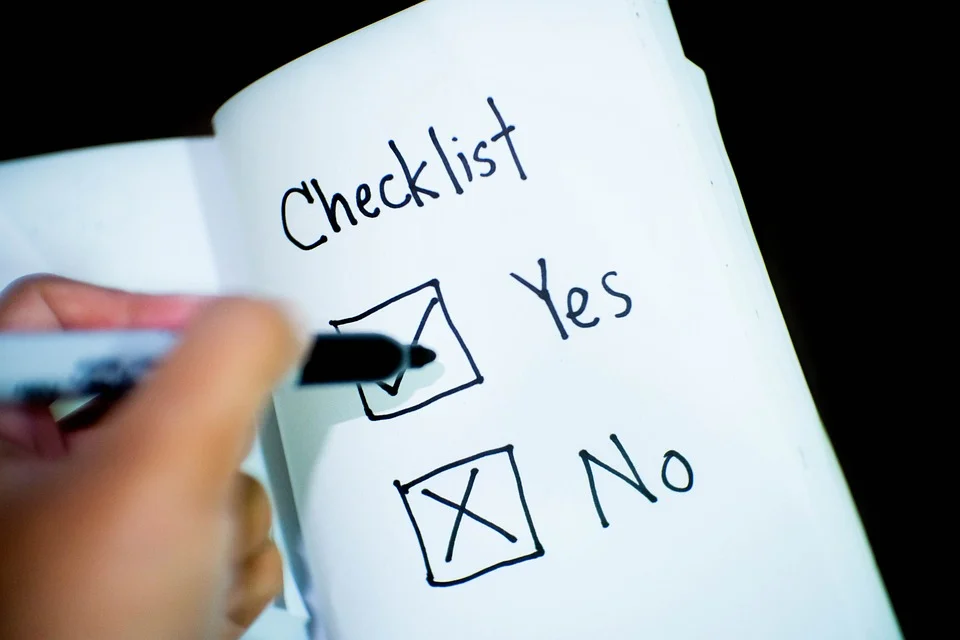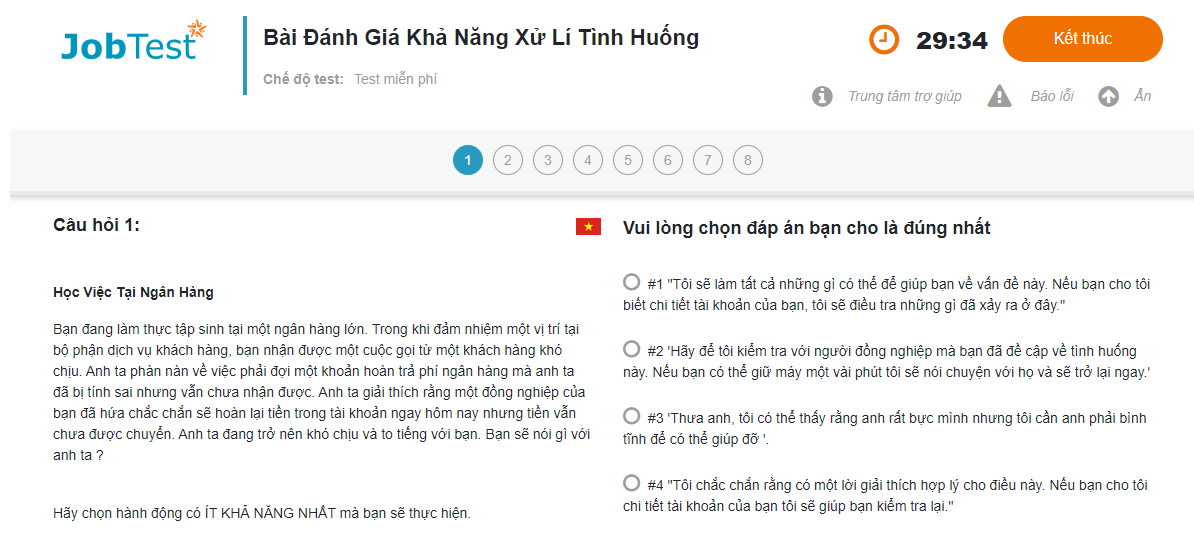
Situational Judgment Test
What would you do if your boss or client assigns you unrealistic responsibilities or if there is a problem in your workgroup? This is when your instinct for situational judgment kicks in. You might not realize it, but it's actually quite frequent in the workplace.

Situational Judgment Skills
To cope with the pace of life, we will need many types of skills such as communication, problem solving, and many more. When the same event occurs, people tend to act differently according to their personal perspective and knowledge.
What is Situational Judgment Test?
Situational judgment and choosing the final decision is the way we identify the problem, analyze and connect the dots to have a thorough view of the situation. After that, we can provide options for evaluating and deciding on solutions.

Levels of Situational Judgment competency
There are 5 levels, representing the behaviors that act on situations. Depending on the capability, an individual's reasoning skills will also be formed differently. However, it doesn’t matter if the level is low; it just means that the skill is lacking, and they can always practice more to improve it.
Average: At this stage, individuals can only utilize their skills in common situations and tend to ask for help. They will apply the right procedure when facing the problems, but they won’t do so well with unforeseen events.
Basic: At the basic stage, individuals can apply the knowledge and skills in medium difficulty. They will also need some help or support from others. Moreover, they have the ability to make appropriate and on-time decisions in familiar situations.

Good: You can use your ability in difficult situations, although sometimes you still need guidance from others. Individuals at this level have the ability to analyze a complex situation, figure out the relationship between the factors in the situation, and make timely, right-headed decisions in situations of medium difficulty.
Flexible: Individuals at this level can handle difficulties with almost no guidance. They often come up with an effective, timely solution to an unprecedented situation. They are able to actively collect more data and process a large, complex information system in a short time, making predictions about trends and likely consequences.

Excellent: At this level, individuals actively apply this skill even in particularly difficult situations. Individuals who can confidently teach others this skill. These individuals are always multi-dimensional in their analysis and have the ability to synthesize and systematize complex information. They can always give timely solutions to complicated, ambiguous, and information-deficient situations.






















 Talent Assessment
Talent Assessment 
